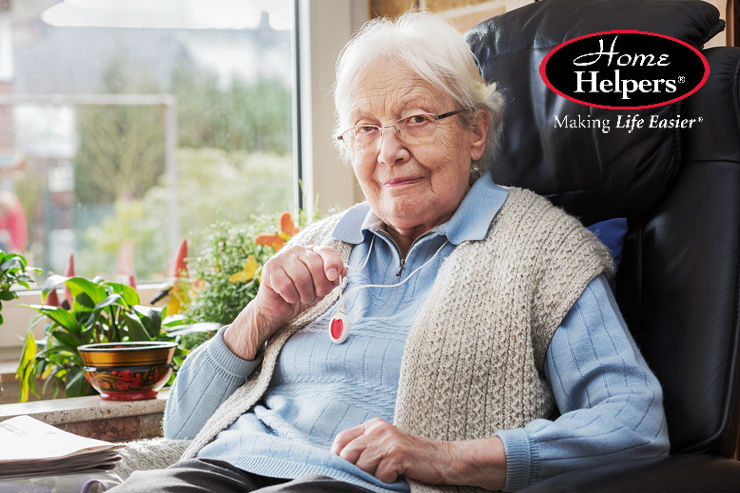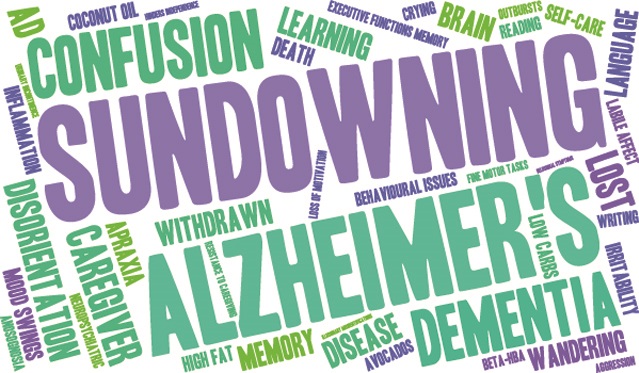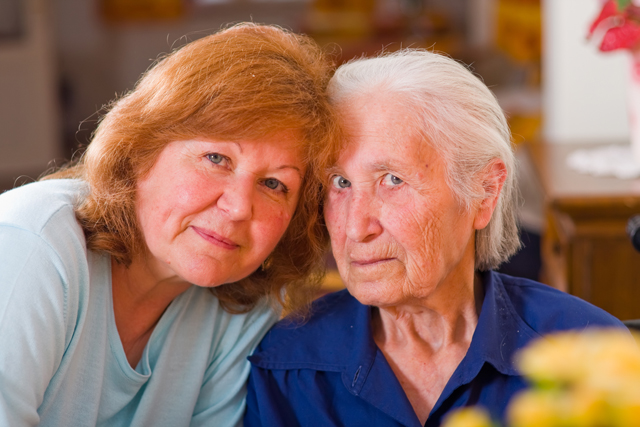If you’re part of the 40 and under generation, you will most likely recall the famous TV commercial in the 80’s where an elderly woman was lying on the floor calling out for help after she had fallen. Unfortunately, this scenario can be all too real for many of our seniors, striking a bit of fear on those who live alone. There’s not much worse than finding out that your elderly parent or loved one has taken a spill and broken a hip or suffered other injuries. That famous commercial leaves us with the awful mental image of someone we love lying on the floor calling out for help while the world goes on.
One of the most dangerous parts of seniors living alone is the risk for falls. Hip fractures are common among falls in the elderly, and they can be very life-threatening. Our skin becomes much thinner as we age and if an elderly person falls and cuts or scrapes themselves, it can take much longer to heal than the average person. The best way to ensure the safety of your senior loved ones is to make sure they are carrying a medical alert and location device.
Medical alert devices can accomplish several things, not the least of which is calling for help when needed. The device is small and usually worn as a bracelet or necklace. If the user ever has any need at all for medical care, all they need to do is press the button and the monitoring center will be dispatched and the proper care can be sent. These devices are also quite easy to use a landline phone or even a wireless internet connection. Once the button is pressed, the call center is notified and can send an ambulance or other help needed immediately.
To make these devices even more powerful, they are capable of utilizing GPS. This can be a lifesaver for seniors who have dementia and become lost or unfamiliar with their surroundings. Satellites make it easy to track the signal of the device and find the person right away. Social media like Facebook and Twitter have also become powerful tools in locating seniors who have become lost. There are many pictures on these sites of seniors who may wander off and not know how to get home. GPS is a very effective tool indeed when coupled with a medical alert device.
Even a professional caregiver can’t totally prevent the thousands of falls each year by seniors. While there are many things you can do to make your home as safe as possible for seniors, there may come a time when they need help. Imagine the peace of mind you will have, knowing your aging parents need only push a big red button to get the help they need in any emergency. While many falls are not major and pose no long-term physical threat, both you and your senior loved one can have the peaceful assurance that an ambulance, police car or other help can be called upon as quickly as possible, all at the press of a button.
For more information on emergency locator and medical alert devices, call us today!









